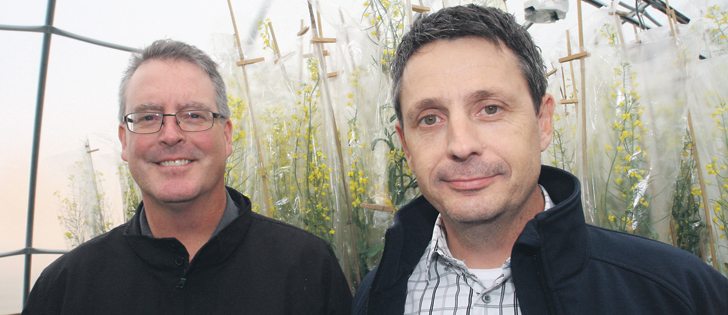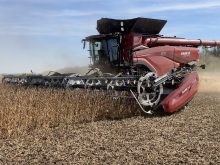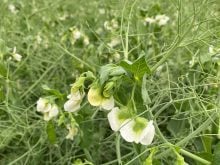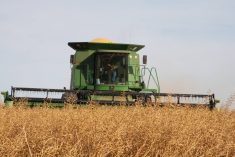In an era of mega-mergers creating giant agricultural corporations, Brett Young Seeds and DL Seeds stand confidently, putting their varieties up against the giants’ in the hotly contested canola market.
“We knew we were in a position to challenge InVigor,” said Eric Gregory, Brett Young’s director of marketing, about its new varieties of canola.
InVigor lines “are good varieties. They have earned that position. But we also have something that’s just as good, and maybe a little better in some circumstances.”
The ability of Brett Young and DL to stand with the larger companies and release varieties they believe are the best in the market stems from a much looser arrangement than the mergers and takeovers occurring elsewhere in the sector.
DL and Brett Young have facilities side-by-side in a complex on the southern edge of Winnipeg. But they maintain distinct identities as separate companies that work together to capitalize on each other’s strengths.
“It’s a matter of having the right partners,” said Gregory.
DL produces the new canola varieties with its crew of plant breeders and laboratory workers, while Brett Young has its own regiment of marketers, distributors and salespeople.
“Most of (DL’s staff) are working on pure research and development, not on sales and marketing,” said Kevin McCallum, the general manager of DL, in a meeting with The Western Producer at the Winnipeg complex.
“We create the stuff and then we hand it over to Brett Young to sell the stuff.”
DL is the product of a non-merger co-operation of Germany’s two leading canola variety developers, who often compete in Europe but came together to operate DL Seeds in Canada.
Read Also
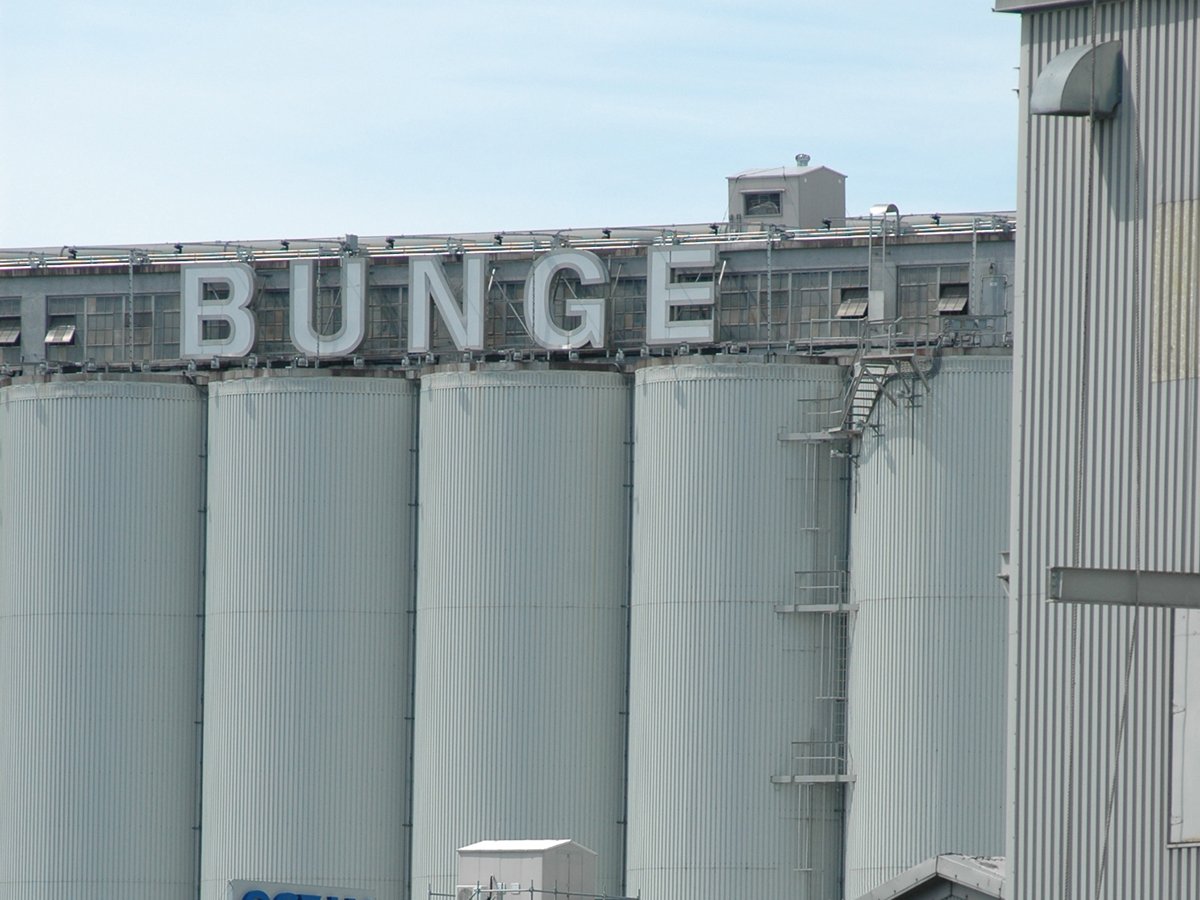
Bunge’s crop mix is changing
Bunge has predominantly been a soybean processing firm, but that’s about to change after the merger with Viterra with softseed processing and grain merchandising gaining ground.
With the two German parents’ 12 canola breeders and DL’s four Canadian breeders, the combined outfit can match anyone in of research and development, McCallum said.
It puts “us on a par with any other major canola breeding company.”
It also gives them better access to European canola genetics, which can be crossed into Canadian varieties to offer valuable attributes.
Currently, Brett Young and DL are promoting their new disease-tolerant canola varieties that can stand up to InVigor’s yield standard, Gregory said.
Their new trademark of DefendR is being used on varieties like 6074 and 6076, which they believe offers resistance to widespread prairie diseases without a yield drag.
Sclerotinia resistance is good in 6074, their research has shown. And 6076 carries the “triple-layered” protection of resistance to sclerotinia, blackleg and clubroot.
The companies are promoting the varieties as having “improved tolerance” to the diseases, as opposed to “resistance,” because they feel that better describes what moderately resistant varieties offer. They ward off many infection and reduce the intensity of infections in plants that get infected.
“As the disease pressure increases (across Western Canada) you’ll see more of the benefit,” said DL plant pathologist Sakaria Liban.
He estimated that reduced infections will produce about a five-percent yield boost, while reduced severity of infection in other plants will contribute additional yield gains.
Brett Young is a private, family-owned company. It has been able to post three years of record sales in the competitive western farm economy and it has been building new facilities and improving existing operations.
It feels that its partnership with DL on boosting disease resistance using new genetics is timed right for the prairie market, especially after this year’s awful disease conditions.
“We’re still very much in the early days of that, more on the cutting edge of that, and so we’re quite excited to be part of that thrust of new products of special disease tolerance,” said Gregory.


